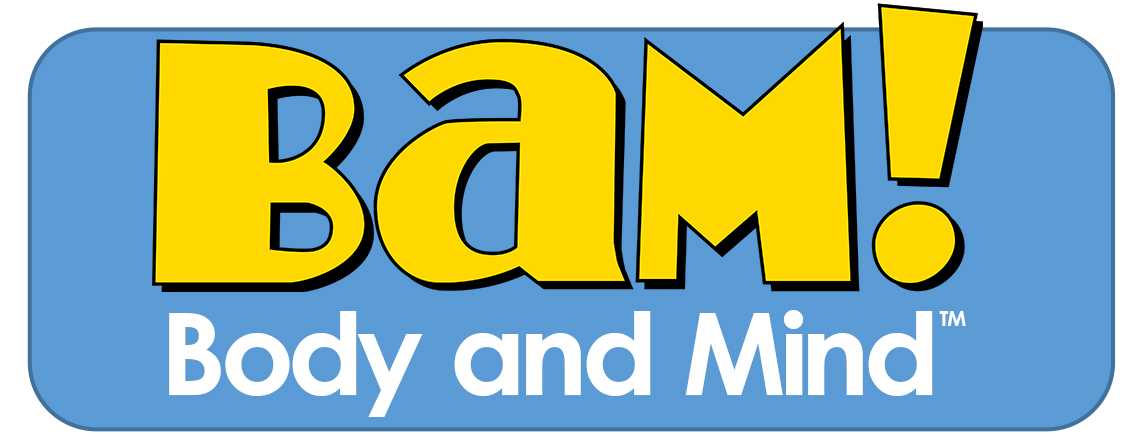Care Coordination
Care Coordination

Care coordination in schools involves school nurses organizing the care of students by sharing information and maintaining communication among those concerned with the needs and care of students with chronic health conditions (e.g. asthma, diabetes, epilepsy). Those involved in this integrated health care may be:1
- Families
- Health care providers
- Teachers
- Other school staff (e.g. administration)
Care coordination can provide students with chronic health conditions with the following benefits:
- Improve medical management
- Provide more detailed follow-up
- Reveal the need for additional resources (e.g. eligibility and enrollment assistance for health insurance)
Some students may have an Individualized Education Plan (IEP), or an Individualized Health Plan (IHP) that helps them to learn in an environment that can support their needs. Typically the school nurse plays an important role in establishing these plans.
Key Resources
- Research Brief: Addressing the Needs of Students with Chronic Health Conditions: Strategies for Schools [PDF – 269KB]
- Research Brief: Chronic Health Conditions and Academic Achievement [PDF – 288KB]
- Fact Sheet: Health Insurance for Children: How Schools Can Help [PDF – 1MB]
- Fact Sheet: Managing Chronic Health Conditions in Schools: The Role of the School Nurse [PDF – 650KB]
- NASN Position Statement: The Complimentary Roles of the School Nurse and School Based Health Centers. 2015
- AAP Policy Statement:: Patient- and Family-Centered Care Coordination: A Framework for Integrating Care for Children and Youth Across Multiple Systems [PDF – 1.2MB]
- American Academy of Pediatrics, National Center for Medical Home Implementation: Care Coordination Resources (icludes curriculum for school nurses), 2016
- Health services Assessment Tool for Schools (HATS)
- School Health Profiles
- Youth Risk Behavior Surveillance System (YRBSS)
References
McClanahan, R., & Weismuller, P. C. (2015). School nurses and care coordination for children with complex needs: an integrative review. J Sch Nurs, 31(1), 34-43. doi:10.1177/1059840514550484
- Page last reviewed: May 9, 2017
- Page last updated: May 9, 2017
- Content source:



 ShareCompartir
ShareCompartir